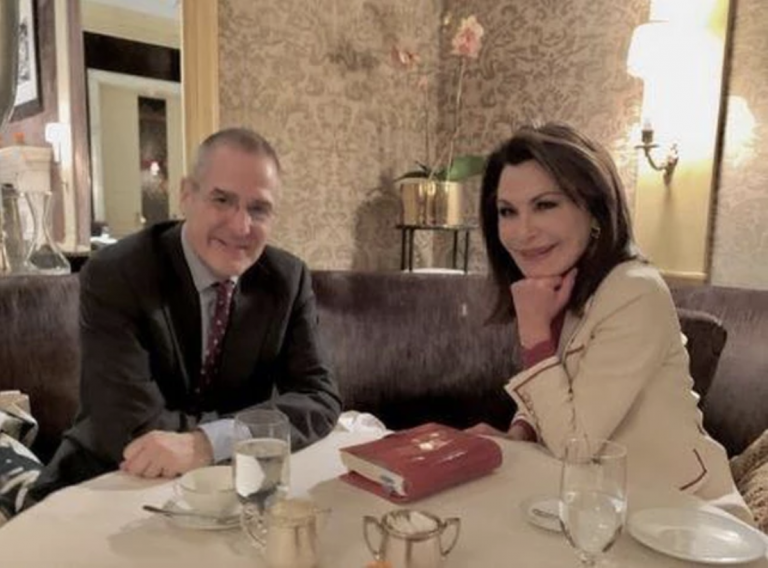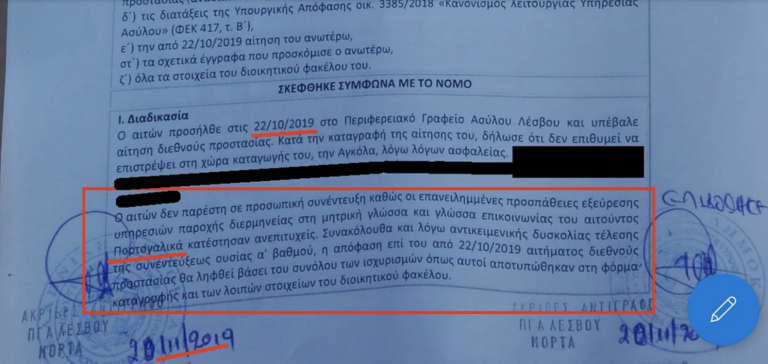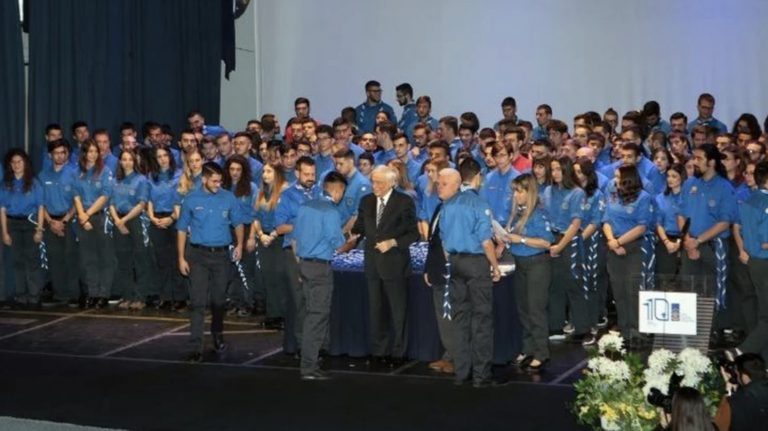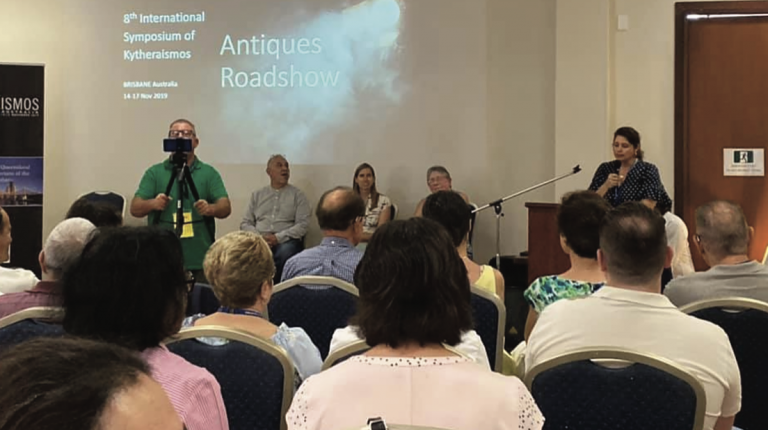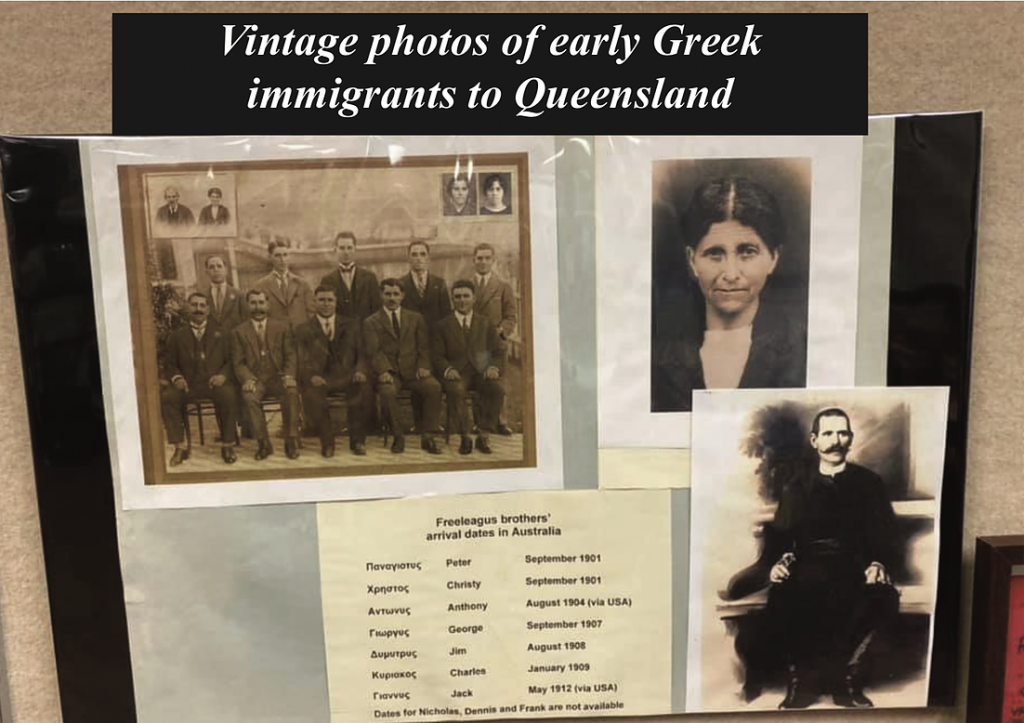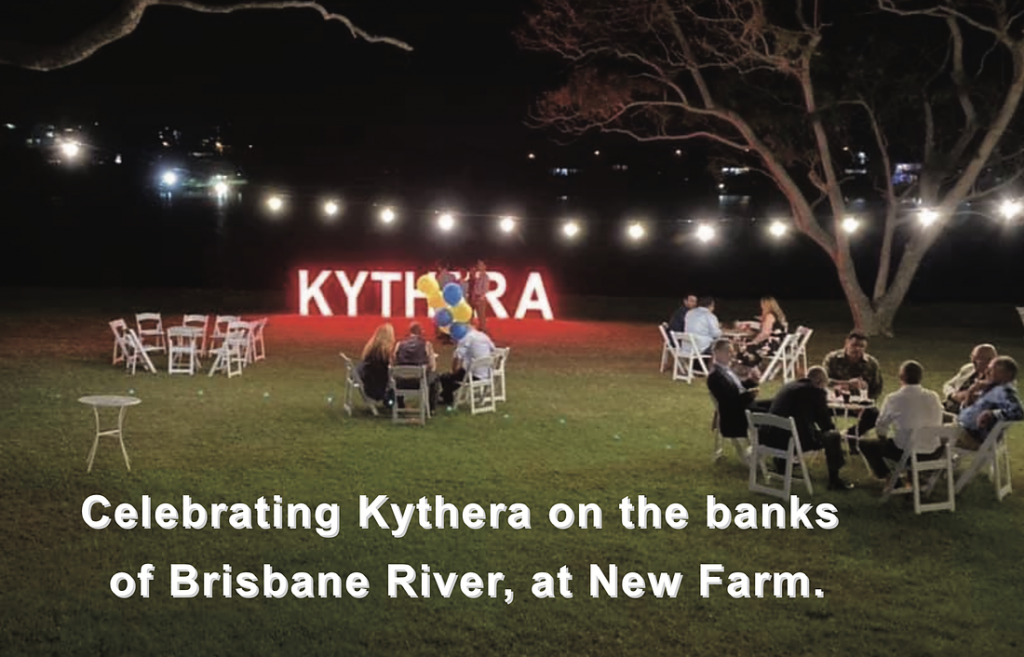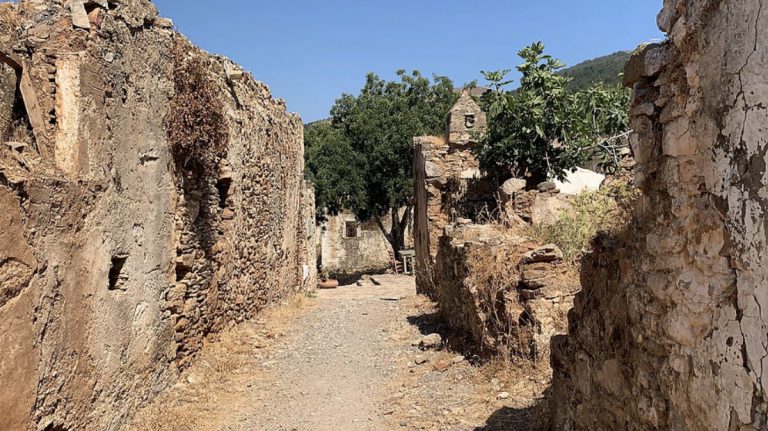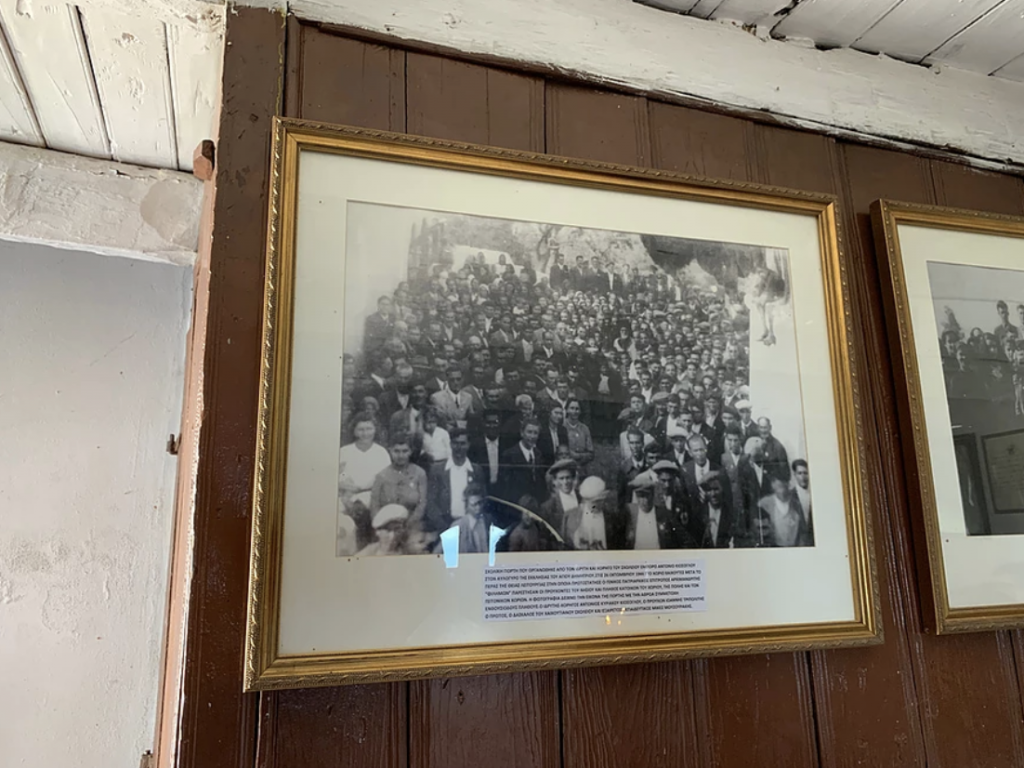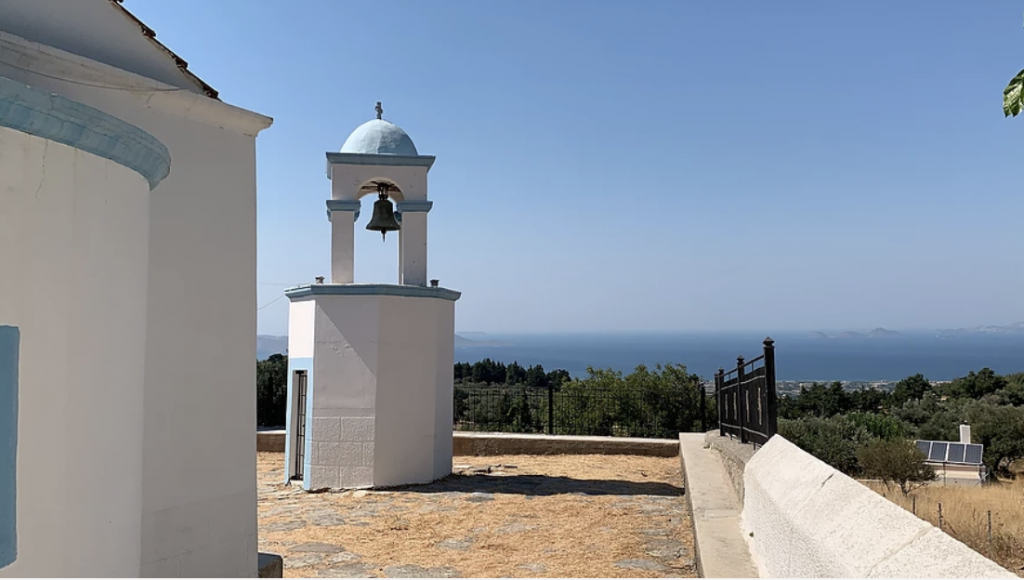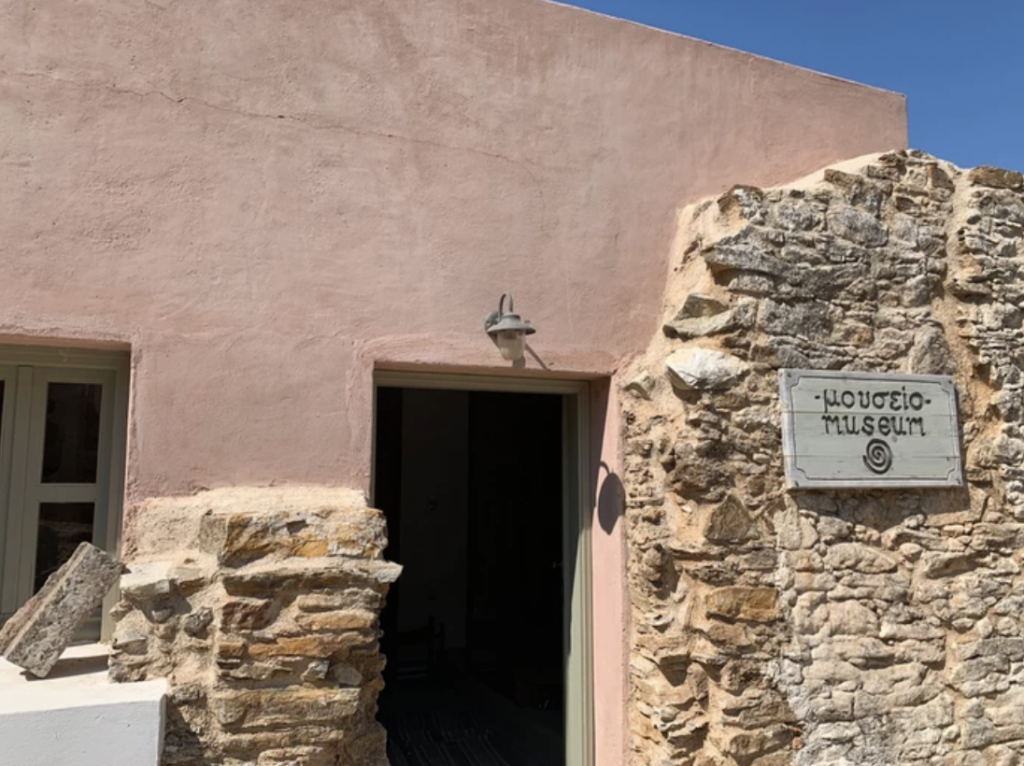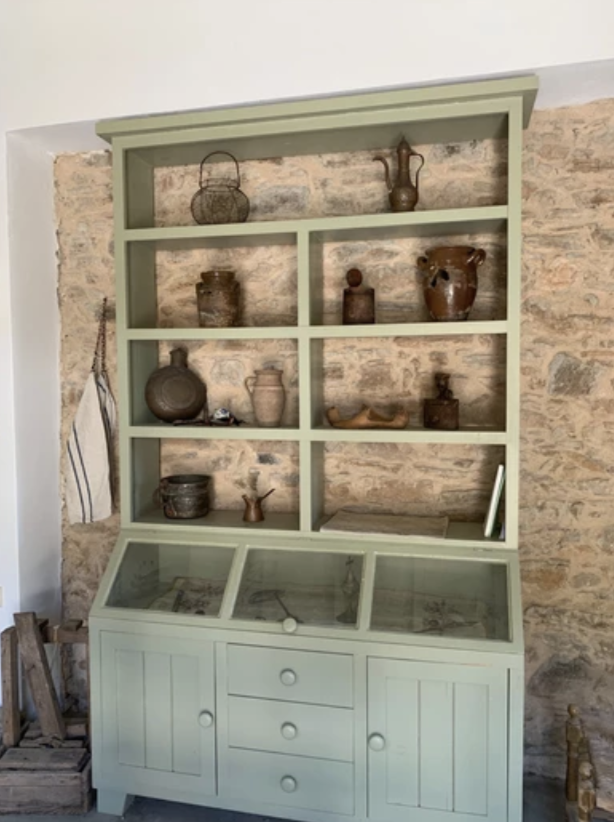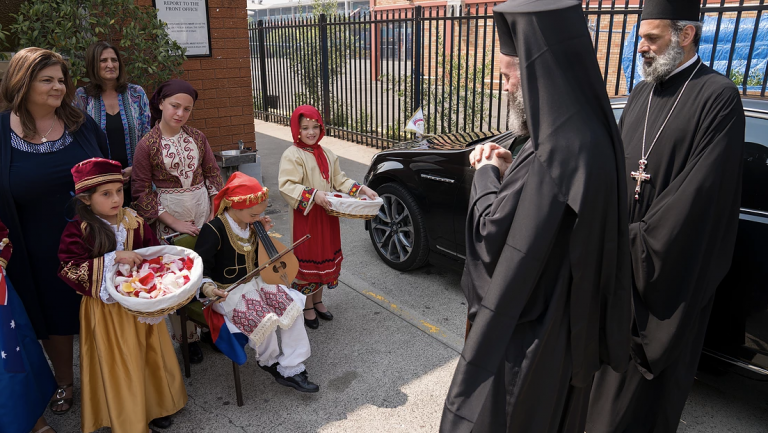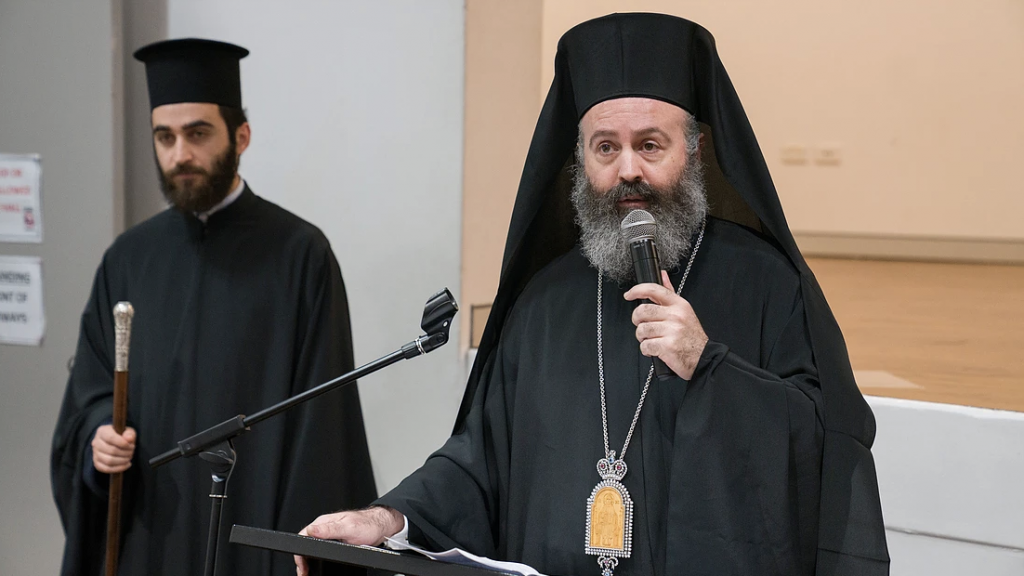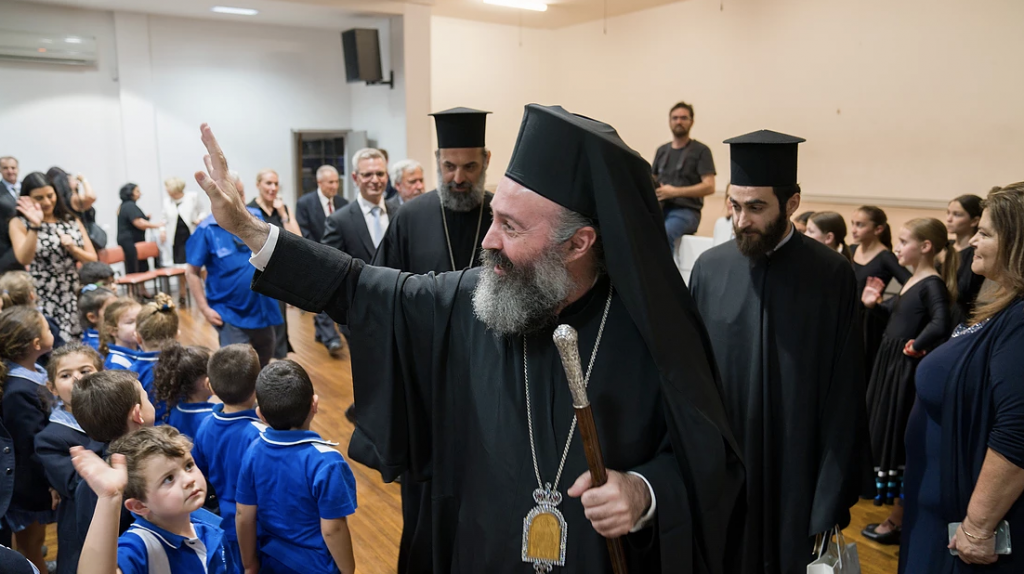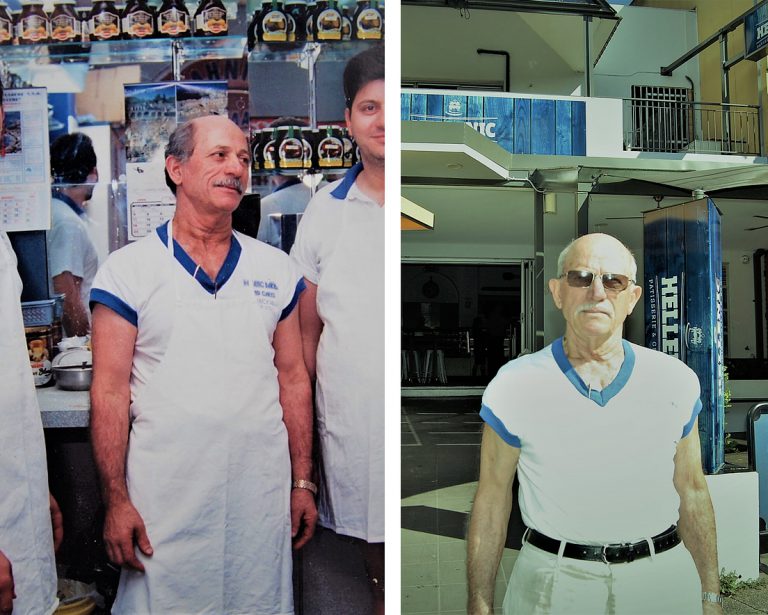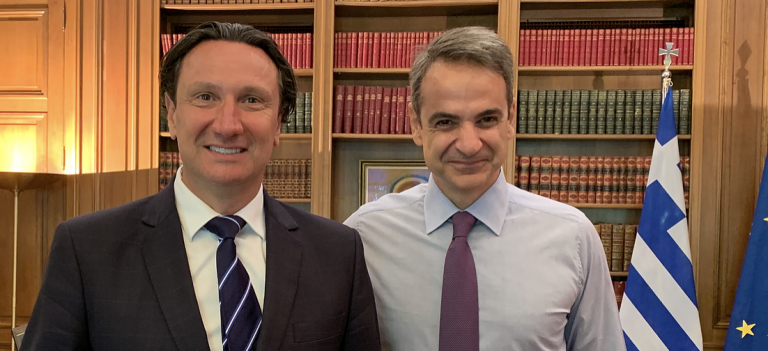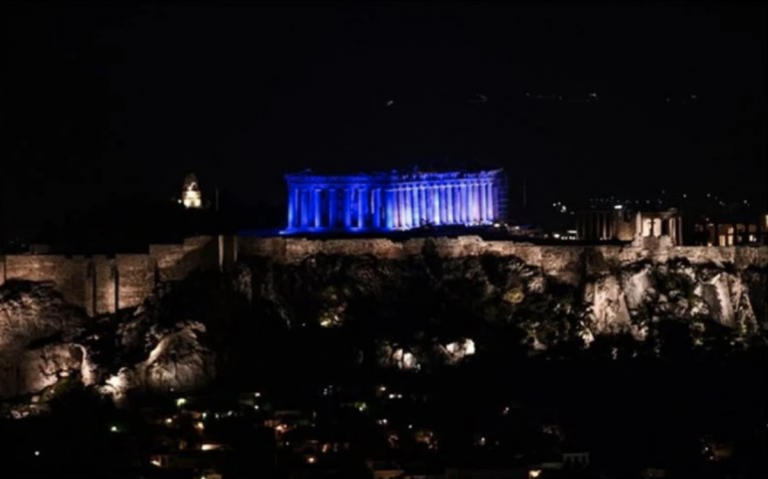The year 2021 marks the bicentennial of the Greek War of Independence against the Ottoman Empire, and the head of “Greece 2021” committee, Gianna Angelopoulos believes the event is “more important than the Olympic Games 2004.”
This weekend, Mrs Angelopoulos met with famous historian Mark Mazower, famous for his books “After the War Was Over: Reconstructing the Family, Nation, and State in Greece, 1943-1960”, “Salonica, city of ghosts” and “Inside Hitler’s Greece”.
Mazower is among several academics who will join the Greece 2021 committee and contribute to their goal of “demonstrating how the ideas of liberty provided the intellectual ammunition for the War of Independence.”
Mr Mazower and Mrs Angelopoulos discussed the initiatives of Greece 2021 and the specifics on how the organisation is going to execute its goals.
It has been reported that “Greece 2021” is going to collect data through public opinion surveys, original research, book publications, informative videos, high-quality media content, targeted workshops, public events, and an advocacy campaign, which are all “aimed to educate Greeks about the important role of liberal ideas in the War of Independence and the pursuit of a free and prosperous society.”
Ms Angelopoulos said in an interview with SKAI TV: “The purpose is to make people remember, reflect, or learn for the first time the side of the facts of the real bravery and self-sacrifice, to give everything to the homeland for freedom. Most importantly, to help us see who we are, what we want to achieve. Do we want to be miserable and oppressed or do we think we have the elements and the potential to stand above?”
